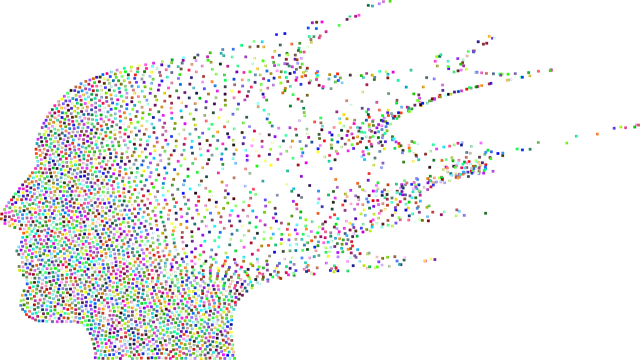The Role of Dual Diagnosis Treatment in Addiction
What is Dual Diagnosis?
Treating mental health and addiction optimizes outcomes
What is dual diagnosis treatment in addiction? Dual diagnosis is a common and effective therapeutic approach that treats both mental health disorders and addiction. Dual diagnosis treatment incorporates psychiatric medication, therapy or counseling with the Twelve-Step model of recovery.
Addressing psychiatric and addiction issues together “is consistently associated with improved substance abuse outcomes.”1
Who Can Benefit from Dual Diagnosis Treatment in Addiction?
Dual diagnosis treatment is for anyone suffering from addiction and a
psychiatric diagnosis
Commonly, patients suffering from mental health disorders use drugs as a means to self-medicate and relieve psychological symptoms. Further, addiction often leads to depression, anxiety and other mental health conditions. Treating addiction and psychological disorders together is the basis of dual diagnosis treatment.
Dual diagnosis treatment can help anyone suffering from addiction to drugs or alcohol who also suffer from mental health disorders, including, but not limited to:
- Depression
- Anxiety or Social Anxiety Disorder
- Borderline Personality Disorder
- Schizoaffective Disorder or Schizophrenia
- Bipolar Disorder
- Psychotic Disorders
- Other Psychiatric Disorders
If you or someone you love is suffering from an unmanaged mental health disorder and substance abuse, Breakthrough Recovery Outreach offers residential treatment programs for teens and adults. Dual diagnosis treatment is personalized to the unique needs of the individual in a safe environment where recovery can begin and flourish.
What Causes Dual Diagnosis in Addiction?
Dual diagnosis is complicated, but treatment is available
The cause of dual diagnosis is complex. For some patients, the primary diagnosis is that of a serious unmanaged mental health condition. When the mental health diagnosis is unmanaged or untreated, they begin using drugs or alcohol to self-medicate.
For others, abusing drugs and alcohol can cause a mental health crisis. Both drugs and alcohol impact the neurotransmitters the brain needs to feel balanced. Also, physical dependence to drugs or alcohol can strongly impact the brain’s ability to create key neurotransmitters that help us feel calm, experience joy, and fight pain. Further complicating matters, some drugs can actually induce psychosis.
Dual diagnosis treatment in addiction optimizes outcomes of recovery by:
- Diagnosing a mental health condition an addict may not even know they have
- Diagnosing self-medication patterns of addiction in patients with unmanaged mental health disorders
- Treating mental health disorders and addiction at the same time in a safe environment
- Providing patients with behavioral therapy and coping skills for better mental health management
- Helping patients withdraw safely from drugs and alcohol
- Identifying pharmaceutical drugs needed to treat and manage mental illnesses
- Incorporating Twelve Step Programs of recovery into the treatment plan
Dual Diagnosis Treatment is Effective
There is hope
While a dual diagnosis in addiction recovery means addressing mental health disorders and the disease of addition at the same time, it is a treatment modality that offers great hope.
By combining medication, counseling, and behavioral therapy together with a program of recovery, patients are treated on a personalized basis that is tailored to their specific needs. This multi-pronged approach to recovery treats the whole person – body, mind, and spirit.
If you know someone struggling with their mental health and substance abuse, a dual diagnosis facility can offer them the coping tools they need to recover. Please feel free to contact us to learn more.
____________________________________
1Bogenschutz, M., Geppert, C. and George, J., 2022. The Role of Twelve-Step Approaches in Dual Diagnosis Treatment and Recovery. [online] Taylor & Francis. Available at: <https://www.tandfonline.com/doi/abs/10.1080/10550490500419060> [Accessed 5 May 2022].




